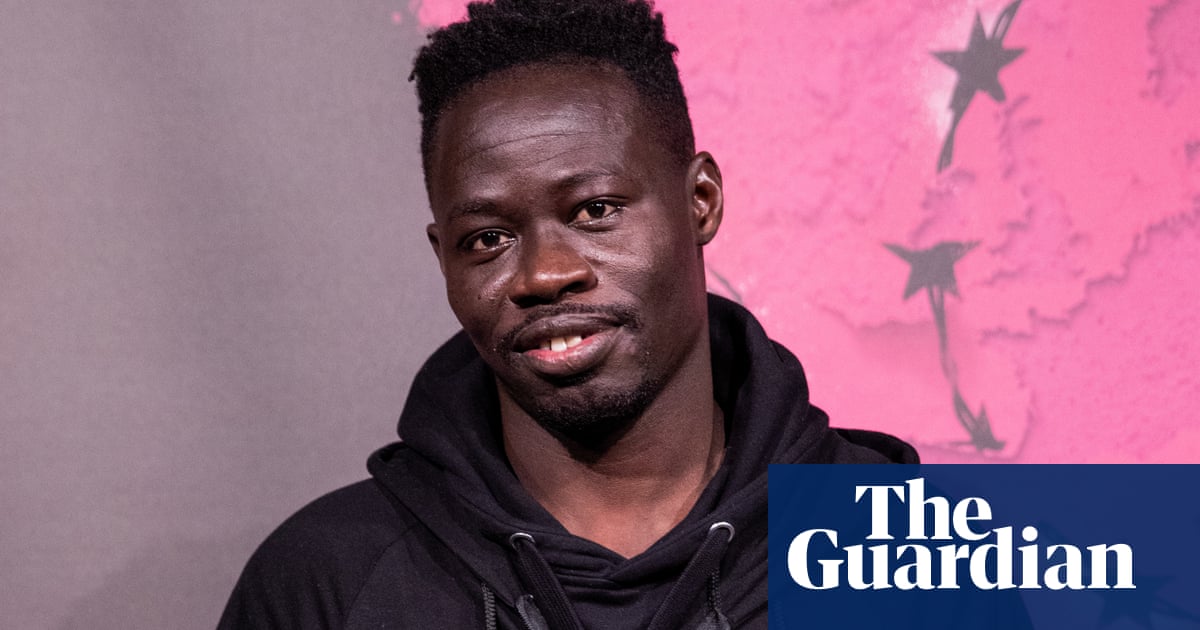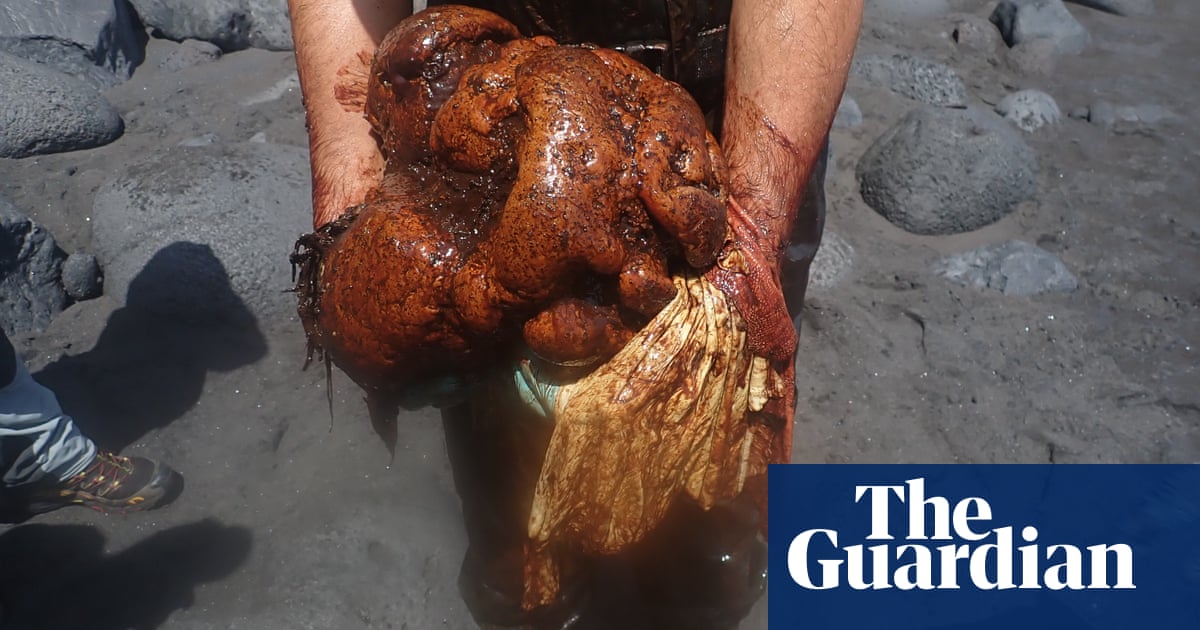
GRAN CANARIA, Spain (Reuters) - On Nov. 7, Sarah Bettache received an unexpected phone call from her brother Ahmed, who told her he was on the Spanish island of Gran Canaria.Two days earlier, the 19-year-old had left his native Morocco on a rickety boat and embarked on a dangerous journey to reach the Canary Islands archipelago, around 100 km (60 miles) away.
Like a record number of other migrants this year, he was seeking a better future in Europe.
Bettache, who is 27 and lives in France where she has citizenship, had no warning of her brother’s drastic action, and nor did the rest of the family.
“We were shocked. First we thought he had gone on holiday with his colleagues, because his phone was not charged,” she told Reuters.
After learning of her brother’s fate, she travelled last week to Gran Canaria and embarked on a frantic search to find him.
She said she was told it would be impossible, and their mother became so fraught that she was hospitalised.
“She was so worried. We had no information about him, we didn’t know if he was alive,” Bettache recalled.
Finally, an official from the Red Cross was able to locate Ahmed, aided by a picture Bettache gave her. After a long wait, the Red Cross worker returned with a photograph she had taken with her phone of Ahmed, who was at a migrant camp.
“I was so happy,” said Bettache.
On Monday night, she was finally able to see her brother, but only from about 100 metres away because he was being held in a dockside camp for migrants at Arguineguin harbour. She could only cry and shout.












